10 Things You Should Know Before Filing for Bankruptcy
If you're struggling to pay your bills and thinking about filing for bankruptcy, there are a few things you should know before taking that big step.
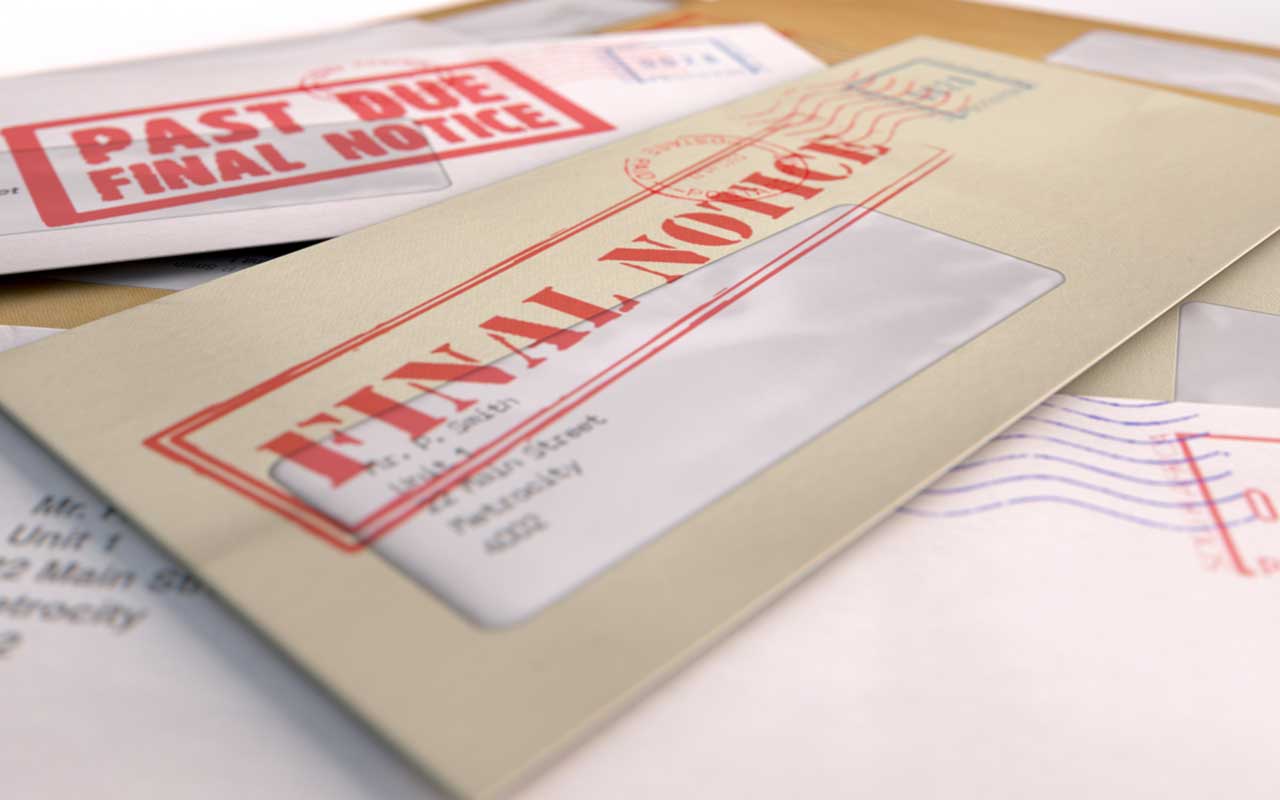
Profit and prosper with the best of Kiplinger's advice on investing, taxes, retirement, personal finance and much more. Delivered daily. Enter your email in the box and click Sign Me Up.
You are now subscribed
Your newsletter sign-up was successful
Want to add more newsletters?

Delivered daily
Kiplinger Today
Profit and prosper with the best of Kiplinger's advice on investing, taxes, retirement, personal finance and much more delivered daily. Smart money moves start here.

Sent five days a week
Kiplinger A Step Ahead
Get practical help to make better financial decisions in your everyday life, from spending to savings on top deals.

Delivered daily
Kiplinger Closing Bell
Get today's biggest financial and investing headlines delivered to your inbox every day the U.S. stock market is open.

Sent twice a week
Kiplinger Adviser Intel
Financial pros across the country share best practices and fresh tactics to preserve and grow your wealth.

Delivered weekly
Kiplinger Tax Tips
Trim your federal and state tax bills with practical tax-planning and tax-cutting strategies.

Sent twice a week
Kiplinger Retirement Tips
Your twice-a-week guide to planning and enjoying a financially secure and richly rewarding retirement

Sent bimonthly.
Kiplinger Adviser Angle
Insights for advisers, wealth managers and other financial professionals.

Sent twice a week
Kiplinger Investing Weekly
Your twice-a-week roundup of promising stocks, funds, companies and industries you should consider, ones you should avoid, and why.

Sent weekly for six weeks
Kiplinger Invest for Retirement
Your step-by-step six-part series on how to invest for retirement, from devising a successful strategy to exactly which investments to choose.
Are bills piling up while you're out of work and stuck at home because of the COVID-19 pandemic? Are you thinking that filing for bankruptcy might be a good way to fix your financial situation? If so, you're not alone.
Bankruptcy is a legal process that can help people like you who can't pay their bills. It allows you to wipe out your debt and get a fresh start. Filing for bankruptcy will also put a halt to foreclosure or legal actions against you, and it stops creditors from calling and demanding payment. This "breathing space" is one of the most desired benefits of filing bankruptcy.
But there are a few things you should know before you take that giant step. Bankruptcy won't solve all your problems. You'll need help, and it can be a long (and costly) process. There are other important considerations, too. So, to help you figure out the best path for you, here are 10 things you should know before filing for bankruptcy.
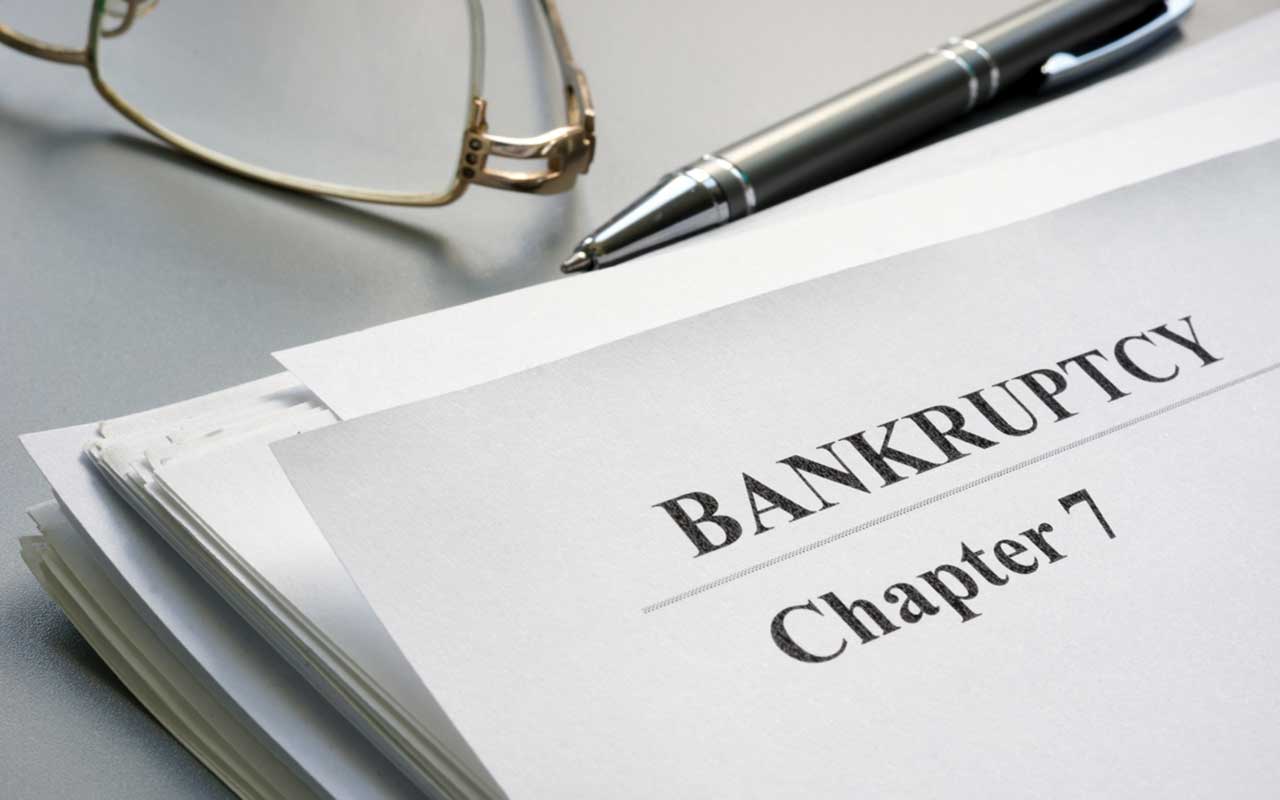
There Are Two Common Types of Bankruptcy for Individuals
If you choose to file bankruptcy, you have to decide which type is best for you based on your own situation—Chapter 7 or Chapter 13. Most bankruptcies for ordinary people are filed under these two chapters of the Bankruptcy Code. But choosing which type of bankruptcy to file is a complicated task, so you may want to hire an attorney to help you make the right decision.
Chapter 7 bankruptcy, also known as a liquidation, is simpler to file and takes less time to complete. Most people file under Chapter 7 because you can wipe out most of your general unsecured debts—like credit card and medical bills—without having to pay back the money you owe through a repayment plan. But some of your property will probably be sold by a trustee to pay your creditors, so Chapter 7 bankruptcy works best if you have little or no assets.
To qualify for a Chapter 7 bankruptcy, certain income requirements must be met. The "means test"—a formula used to keep high-wage earners from filing Chapter 7—will determine if your income is low enough for you to file under Chapter 7. People with a higher income who fail the means test can still file under Chapter 13, instead. The good news is that stimulus checks and other economic relief payments you receive from the government under the Coronavirus Aid, Relief and Economic Security (CARES) Act aren't considered income for this purpose. Use Form 122A-1 and Form 122A-2 to determine if you pass the "means test" and can file under Chapter 7.
Chapter 13 is for people with regular income from wages or salary who have enough money to pay their debts through a repayment plan. In a Chapter 13 bankruptcy, you can keep all your property, but you'll have to pay creditors the value of your "non-exempt" property such as your car or boat. Chapter 13 bankruptcy is a good option if you've fallen behind on a house or car payment and want to catch up on missed payments and keep the property.
(Note: Chapter 11 of the Bankruptcy Code, which is typically used to reorganize a business, can also be used by certain high-income people. However, a Chapter 11 case can continue in bankruptcy court for several years and should only be handled by a lawyer due to its complexity. For the vast majority of people, Chapter 7 or Chapter 13 bankruptcies are the way to go.)
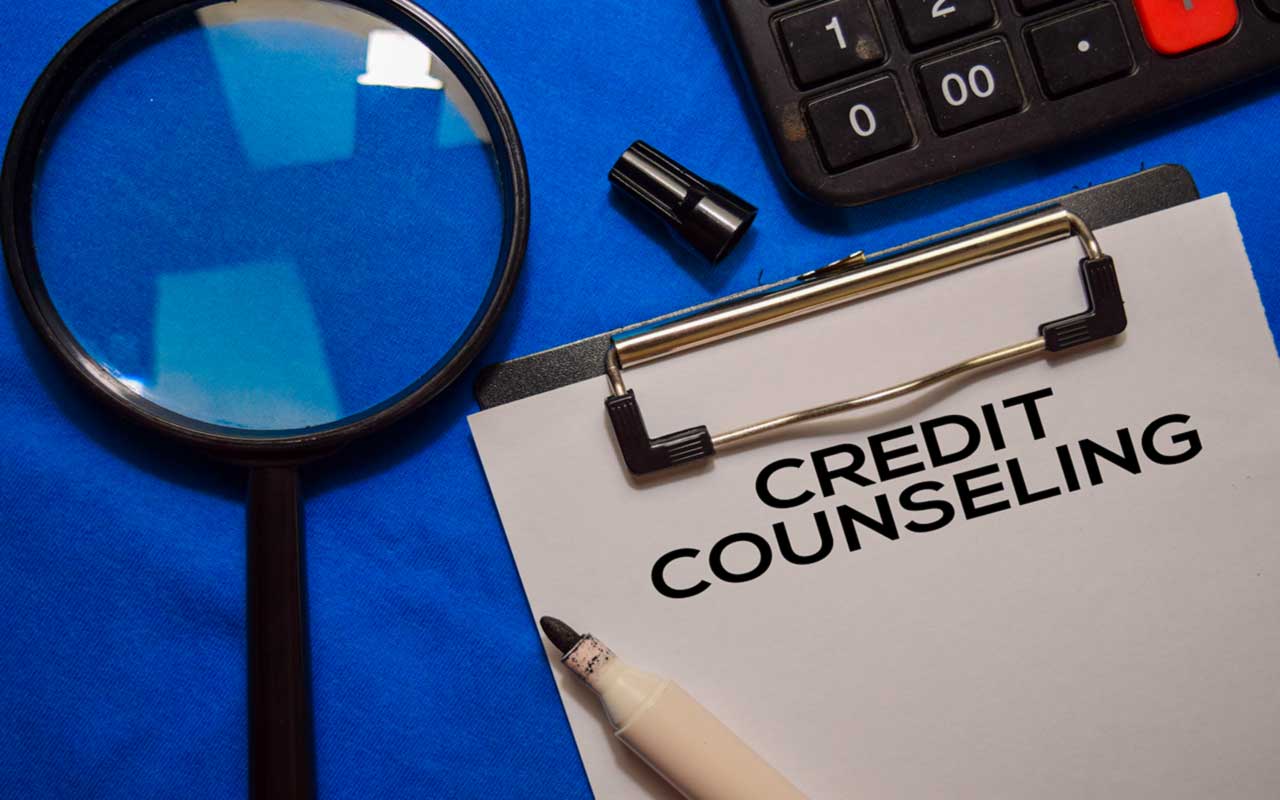
Consider Other Options Before Filing for Bankruptcy
Before filing for bankruptcy, you should consider other alternatives that aren't as drastic. Credit counseling, for example, might be a good option. In fact, before you can file bankruptcy, you must sign up for credit counseling from an approved credit counseling agency. The U.S. Department of Justice maintains a list of approved credit counseling agencies by state and judicial district on its website.
The CARES Act also suspends some federal foreclosure and eviction activity. There are new mortgage loan forbearance programs, too. These government initiatives might provide enough relief to keep your head above water until you can stabilize your overall financial situation, so be sure to check them out before filing for bankruptcy.
Another option is to take out a loan from your 401(k) plan instead of filing for bankruptcy. Generally, you can borrow up to half of your vested 401(k) balance, but no more than $50,000. If you're affected by the coronavirus outbreak, the CARES Act lets you borrow up to $100,000 or 100% of your account balance until September 23, 2020. However, most retirement experts recommend this option only as a last resort, so you should proceed with caution before going this route.

Don't Go on a Spending Spree or Drain Your Retirement Account
Even though it's tempting to do so, don't rack up new debt during the 70- to 90-day period before filing for bankruptcy. Your creditors can object to your request for a bankruptcy discharge on the basis of bankruptcy fraud.
The bankruptcy trustee may also try to recover money or property by setting aside certain transfers that you've made within 90 days before filing bankruptcy. The trustee can also undo security interests and other pre-filing transfers that weren't done properly. For example, transferring your property to a relative before filing bankruptcy can be treated as a fraudulent conveyance and undone by a trustee.
Don't drain your retirement account before filing bankruptcy, either. Most retirement funds are protected in bankruptcy. In fact, think carefully before using any of your retirement accounts to pay bills, since filing bankruptcy could potentially wipe out much of that debt anyway.
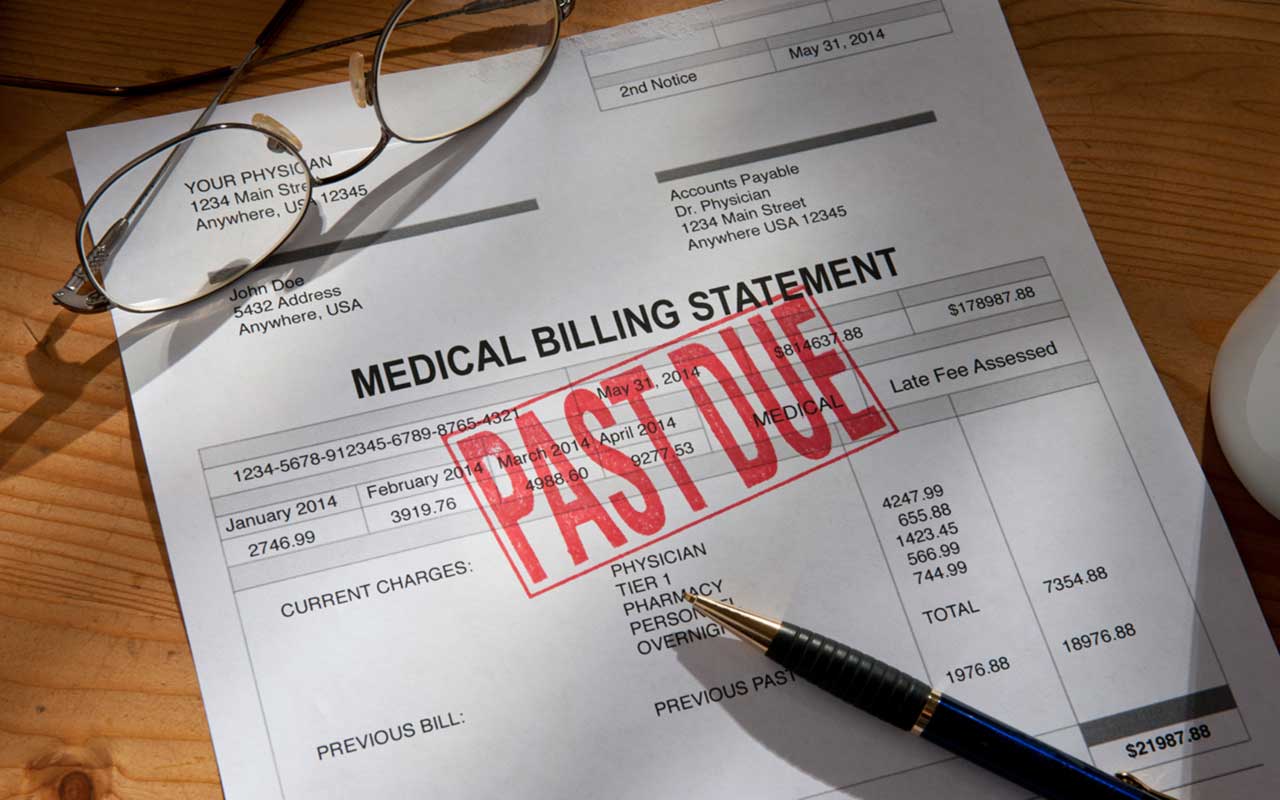
Bankruptcy Won't Eliminate All Your Debts
You won't necessarily be able to shake off all your debts in bankruptcy. For example, Congress has determined that certain types of debt—such as child support and taxes—can't be discharged in bankruptcy for public policy reasons. Student loans can also be difficult to discharge in bankruptcy unless you can prove there's an undue hardship.
Whether or not a debt can be eliminated in bankruptcy can also depend on whether the debt is secured or unsecured. Secured debts are backed by "collateral" property. Examples of secured debts include a mortgage or car loan. Generally, if you default on a secured loan, the creditor can take the "collateral" (e.g., your home or car). With an unsecured debt, there's no property specifically tied to the debt that a creditor can take if you don't pay what's owed. Examples of unsecured debts include credit card balances, medical bills, and certain personal loans.
In bankruptcy, secured creditors retain the right to collateral and, therefore, can still take the property connected to the loan. On the other hand, unsecured debt can be wiped out in bankruptcy. There's no collateral that the creditor can grab on to and repossess.

You Can Keep Some Property…But Maybe Not All of It
In addition to the loss of collateral property that secures a loan, you can keep or lose property depending on its status as "exempt" or "non-exempt" property. When you file for bankruptcy, you can keep a certain amount of exempt property, such as the equity in your home. However, property that isn't exempt can be sold by the bankruptcy trustee to pay off some or all your creditors.
The type of bankruptcy you choose also matters for purposes of determining what property you can keep. If you file for a Chapter 7 bankruptcy, you risk losing your non-exempt property to pay off your debts. If you file under Chapter 13 instead, you can keep all of your property, but you'll have to repay your creditors the value of any non-exempt property through a repayment plan that is administered by a trustee.
Every state has its own specific bankruptcy exemptions, so be sure to check the ones where you live. For example, in Virginia, you can exempt $5,000 plus $500 per dependent for residential property or personal property. If you're over 65 or a disabled veteran, that exemption goes up to $10,000. Starting in July 2020, Virginians will be able to exempt an additional $25,000 of real or personal property used as a principal residence.
Seventeen states, however, allow you to choose between the state exemptions and the federal ones created by Congress. The allowed amounts under each federal bankruptcy exemption are adjusted every three years. If you're married and filing jointly, you can double all the federal bankruptcy exemptions. That means, for instance, joint filers can claim a $50,300 federal exemption for their home, instead of the standard $25,150 exemption.

Bankruptcy Takes a Lot Longer Than You'd Think
Bankruptcy isn't necessarily a quick solution to your financial problems. Chapter 7 bankruptcies can take as long as four to six months to complete.
Chapter 13 bankruptcies can take much longer. First, the bankruptcy plan must be approved by the bankruptcy court, which can take some time. Plus, while you're able to keep certain secured property (like a home or car) while you make payments under a Chapter 13 bankruptcy plan, the process can drag on for three to five years.
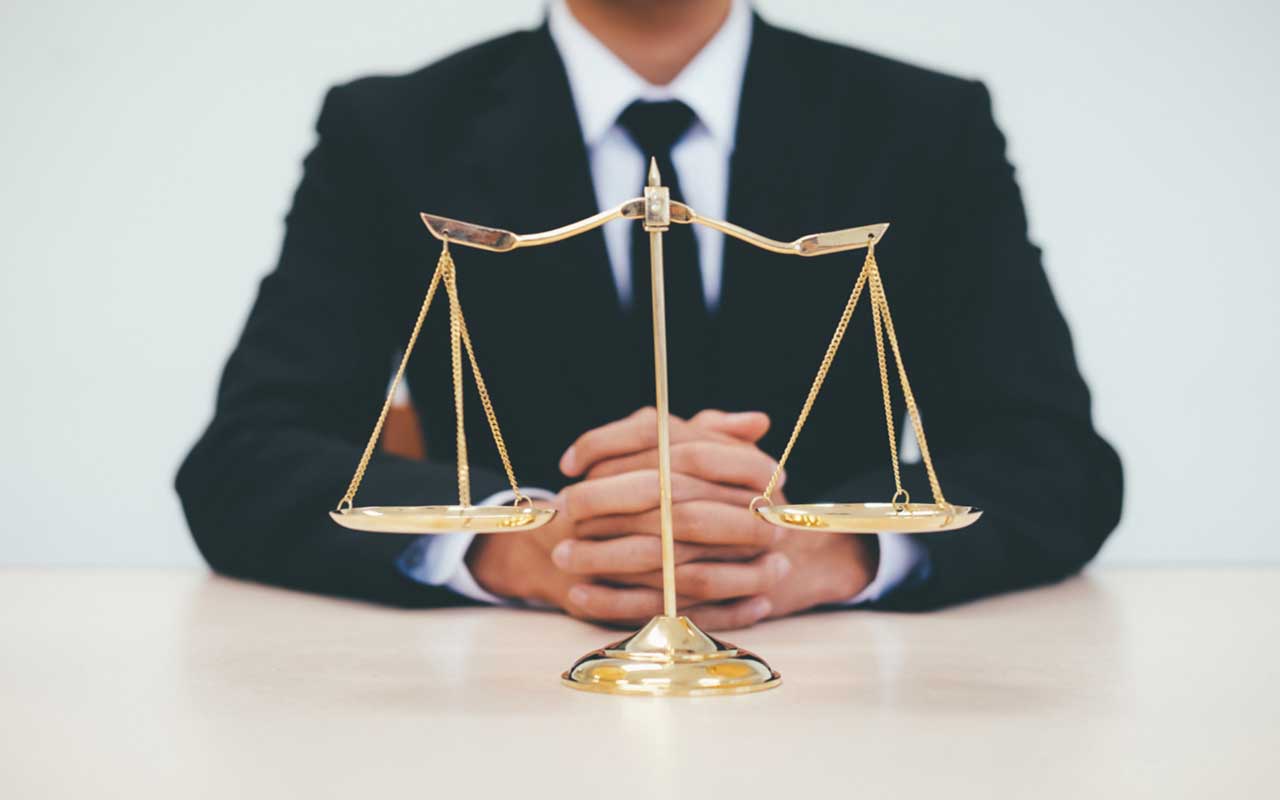
Bankruptcy Is Complicated and Expensive
Since bankruptcy forms and schedules are complicated, you should seriously consider hiring an experienced bankruptcy attorney to complete them. You don't want your case to be dismissed because the forms are filled out incorrectly. Plus, the success rate for bankruptcy cases filed without an attorney is low.
If you choose not to hire an attorney, but misunderstand the law or make a mistake, it can affect your legal rights. You might, for example, end up losing property that you mistakenly thought you could keep. You can't count on bankruptcy court employees and judges, either—they aren't allowed to offer any legal advice.
To find a bankruptcy lawyer in your area, try the "Find an Attorney" tool on the National Association of Consumer Bankruptcy Attorneys' website.
Of course, the downside is that lawyers are expensive. Attorney fees can run you several hundred to several thousand dollars, depending on the complexity of your case and where you file. The average attorney fee for a Chapter 7 bankruptcy is $1,250. It's $3,000 for a Chapter 13 case. Plus, you typically have to pay attorney fees up front, especially in Chapter 7 cases.
You'll also have to pay filing fees to the bankruptcy court: $335 for a Chapter 7 case, and $310 for Chapter 13. Other court fees are possible, too. If you need to reopen a Chapter 7 case, it'll cost you $260 ($235 for a Chapter 13 case). There's a $298 fee to appeal a case. It's $47 to register a judgment from another district. And the list of potential court fees can go on and on.
Plus, the credit counseling and personal financial management course that you'll have to take before filing bankruptcy will cost an additional $20 to $100, depending on where you file bankruptcy.

You Must Be Completely Honest About Your Income, Assets, and Debts
The bankruptcy process requires complete honesty. You have to certify under penalty of perjury that your bankruptcy forms and schedules are complete and accurate as filed. Otherwise, you risk being prosecuted for bankruptcy fraud, which is a serious crime.
Don't try to hide property, either. There are severe criminal penalties for failure to disclose assets. The bankruptcy court can also dismiss your case for failure to disclose assets or debts.

Your Financial Situation Will Be Made Public
If you don't want the world to know about your financial affairs, then bankruptcy might not be for you. Once you file for bankruptcy, all the forms you submitted are considered public records. So, anyone can view your paperwork. Your income, assets, and debts will be an open book for everyone to see.
You also have to attend a public meeting of creditors after you file bankruptcy. At that meeting, a bankruptcy trustee will ask you questions about your situation in a public forum. This meeting doesn't take place in bankruptcy court, either. For example, in Virginia, the meeting of creditors is held in the Alexandria office of the U.S. Trustee.
(Note that the CARES Act allows the required meeting of creditors to be conducted by telephone or other alternate means because of the COVID-19 pandemic.)
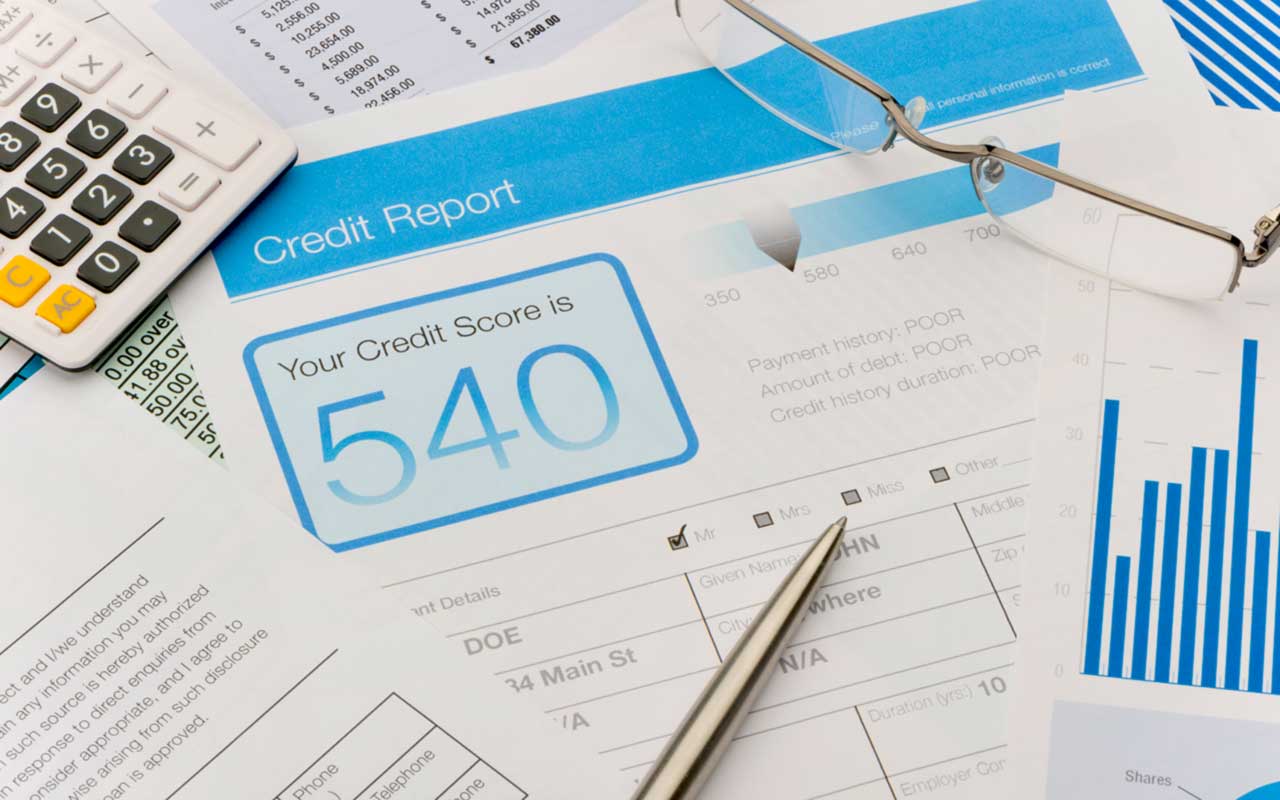
Filing Bankruptcy May Affect Your Credit for Years
Bankruptcy sticks with you for a long time. For example, it will stay on your credit report for up to 10 years. As a result, you'll probably have a harder time getting a loan in the future because of a bankruptcy filing.
Also keep in mind that you're limited on the number of times you can file bankruptcy. Chapter 7 bankruptcy can be filed once every eight years, while Chapter 13 can be filed every six years. So, if you do file for bankruptcy, make sure you do it right because it will be a while before you get another crack at it.
PODCAST: What to Know About the New FICO Score
Profit and prosper with the best of Kiplinger's advice on investing, taxes, retirement, personal finance and much more. Delivered daily. Enter your email in the box and click Sign Me Up.
-
 Dow Leads in Mixed Session on Amgen Earnings: Stock Market Today
Dow Leads in Mixed Session on Amgen Earnings: Stock Market TodayThe rest of Wall Street struggled as Advanced Micro Devices earnings caused a chip-stock sell-off.
-
 How to Watch the 2026 Winter Olympics Without Overpaying
How to Watch the 2026 Winter Olympics Without OverpayingHere’s how to stream the 2026 Winter Olympics live, including low-cost viewing options, Peacock access and ways to catch your favorite athletes and events from anywhere.
-
 Here’s How to Stream the Super Bowl for Less
Here’s How to Stream the Super Bowl for LessWe'll show you the least expensive ways to stream football's biggest event.
-
 What to Do With Your Tax Refund: 6 Ways to Bring Growth
What to Do With Your Tax Refund: 6 Ways to Bring GrowthUse your 2024 tax refund to boost short-term or long-term financial goals by putting it in one of these six places.
-
 What Does Medicare Not Cover? Eight Things You Should Know
What Does Medicare Not Cover? Eight Things You Should KnowMedicare Part A and Part B leave gaps in your healthcare coverage. But Medicare Advantage has problems, too.
-
 15 Reasons You'll Regret an RV in Retirement
15 Reasons You'll Regret an RV in RetirementMaking Your Money Last Here's why you might regret an RV in retirement. RV-savvy retirees talk about the downsides of spending retirement in a motorhome, travel trailer, fifth wheel, or other recreational vehicle.
-
 The Six Best Places to Retire in New England
The Six Best Places to Retire in New Englandplaces to live Thinking about a move to New England for retirement? Here are the best places to land for quality of life, affordability and other criteria.
-
 The 10 Cheapest Countries to Visit
The 10 Cheapest Countries to VisitWe find the 10 cheapest countries to visit around the world. Forget inflation and set your sights on your next vacation.
-
 15 Ways to Prepare Your Home for Winter
15 Ways to Prepare Your Home for Winterhome There are many ways to prepare your home for winter, which will help keep you safe and warm and save on housing and utility costs.
-
 Six Steps to Get Lower Car Insurance Rates
Six Steps to Get Lower Car Insurance Ratesinsurance Shopping around for auto insurance may not be your idea of fun, but comparing prices for a new policy every few years — or even more often — can pay off big.
-
 How to Increase Credit Scores — Fast
How to Increase Credit Scores — FastHow to increase credit scores quickly, starting with paying down your credit card debt.
